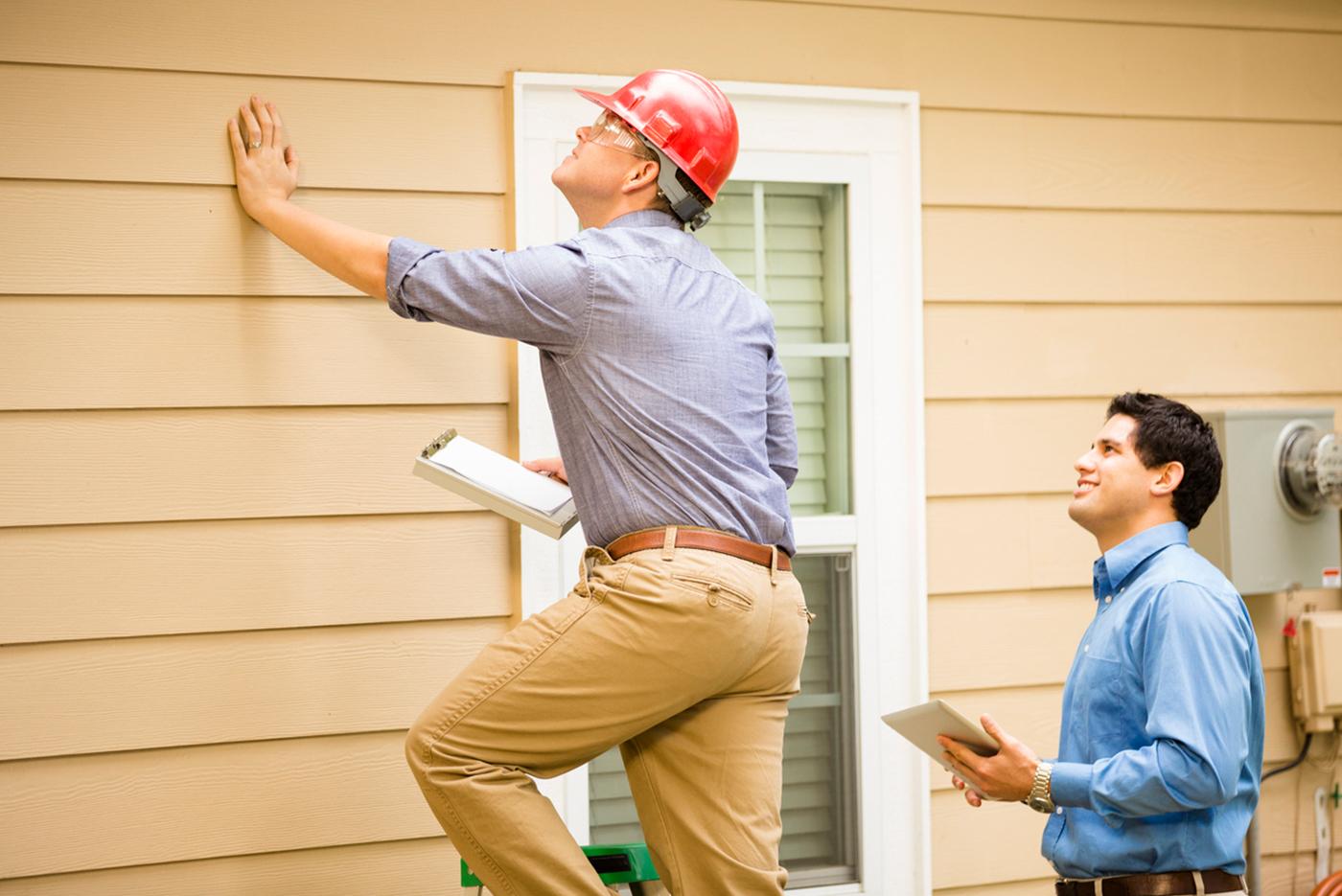As you prepare to sell your home, you want your home inspection to go well and prevent any surprises on the day of your inspection. There are several ways to avoid potential nightmares such as expensive closing costs, additional renovations or even a withdrawn offer. Read on for tips on how to prepare your home and what to expect out of an inspection.
The first thing you’ll do when preparing your home for an inspection is to clean it. Your clean home will show the inspector that your home is well-maintained and cared for. It will set the expectation that the appliances and other elements that will be inspected are in equally good shape.

As you tidy up, you’ll want to make sure all the appliances are easily accessible for your inspector. This may mean moving some furniture or clearing a path to utilities such as water heaters. Inspectors aren’t required to move your belongings, so make sure there’s enough room to access various appliances and utilities that there’s no need to have to reschedule. Rescheduling will cost you and the buyer more time and money.
The major things your inspector will look at are:
Physical Structures: This includes checking the driveway, garage floor, roofing, attic spaces and foundations for any major issues.
Interior Structures: In addition to the home’s physical structures, an inspector will look inside the home to assess the condition of the living spaces. They’ll look at the flooring, walls, doors and windows.
Major Systems: Your inspector will also perform running tests on the water systems in the home. In this procedure, they’ll turn on every faucet to test water flow, cold water output and hot water output. They’ll also test the refrigerator, dishwasher, oven, stove and all the toilets for basic functionality and performance.
Utilities: As part of the major systems check, your home inspector will assess and give you a detailed report on the quality of electrical lines in your home as well as your gas service.
Want an itemized list of what your inspector will inspect? Check out our comprehensive home inspection list here. This list allows you to do your own preliminary home inspection beforehand and fix what needs to be repaired.
Beyond being aware of what will be inspected and making sure that you present your home well, there’s more you can do to get the most out of your home inspection. Here are 10 steps for you to follow to ensure a smooth inspection process:
A typical home inspection lasts about 3 hours. Oftentimes, the home buyer will attend the home inspection as it’s likely the first time they’ll be seeing the home since putting in an offer and potentially the last time before their final walkthrough. Having the homeowner present during this inspection can be uncomfortable for not only your potential new buyer, but for the inspector as well. Our advice is to schedule the inspection at a time when you’ll be out of the house. This will help make your buyer feel comfortable and more at home.
It’s no secret that most home sellers share the same goal: Get the best possible offer for their home. Preparing your home to be inspection-ready will not only help ensure your potential buyer will stick around through closing, but it will also give you and your buyer peace of mind about your home’s value.